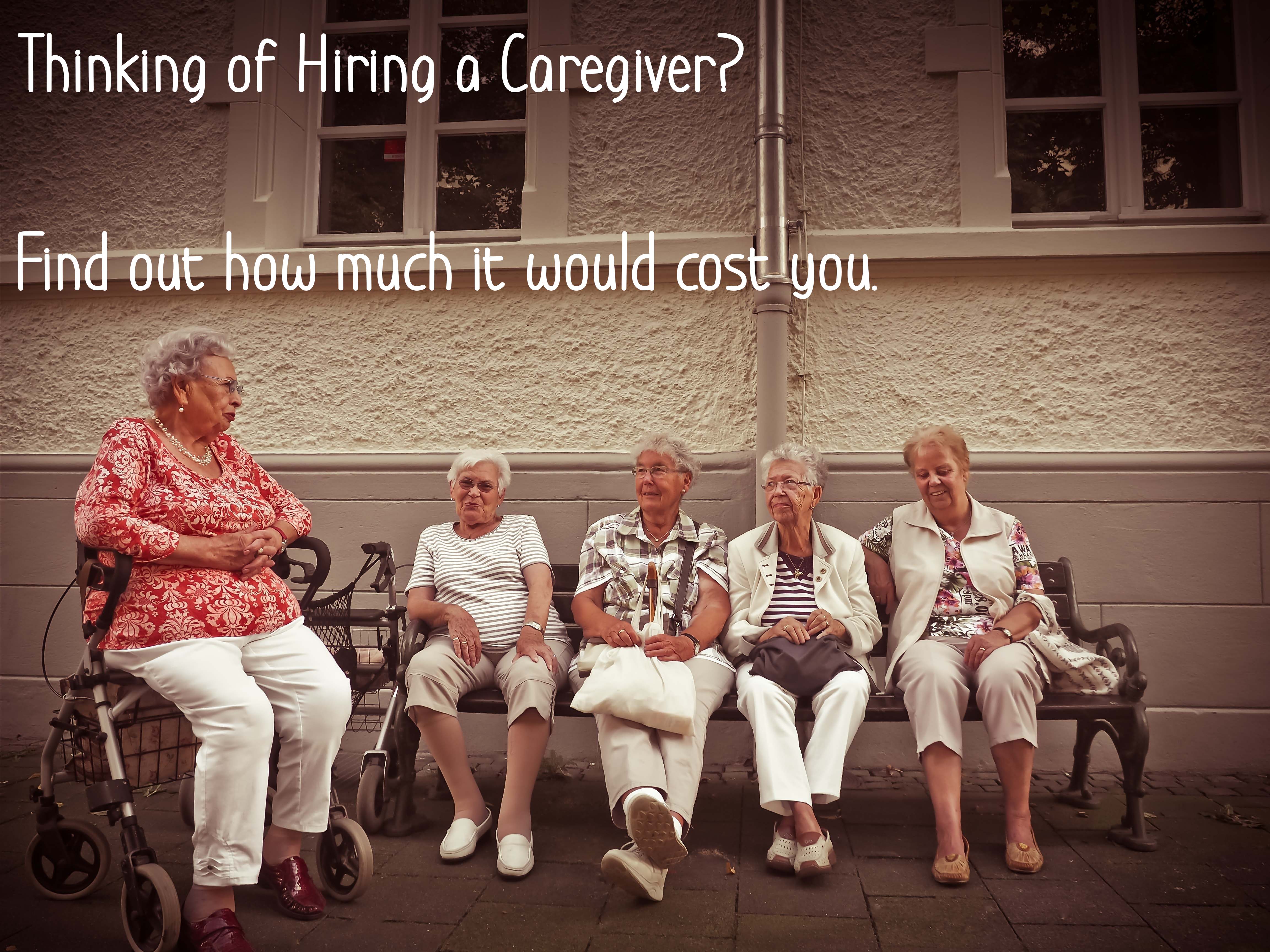Not Retiring Comes With A Bonus: Better Health
 The first time Thom Guthrie retired, after a long career as a teacher and school administrator, he was 60. The California man had undergone major heart surgery and thought he was ready to relax.
The first time Thom Guthrie retired, after a long career as a teacher and school administrator, he was 60. The California man had undergone major heart surgery and thought he was ready to relax.
Before long, he started buying and restoring property. He retired a second time at 65. Again, he quickly grew bored. So, he returned to school, earned a master’s degree in ministry, and embarked on an entirely new career. Guthrie, who will turn 70 on his next birthday, is now the interim pastor in Live Oak, Calif.
“It helps in so many ways to not be idle,” he says. “If I sat home, I’d drive my wife crazy, I’d go insane — and I’d weigh 300 pounds.”
Rather than retiring and relaxing into a life of leisure, increasing numbers of older Americans are remaining on the job or returning to the workforce. They’re prodded in part by the harsh economy and their shrinking nest eggs, but holding down a job has benefits beyond pulling a paycheck.
Scientists say that older adults who work, whether part time or full time, are healthier as a whole, particularly if they like their jobs.
“Continuing to work gives people a sense of meaning and purpose,” says psychology professor Harvey Sterns, director and senior fellow at the Institute for Life-Span Development and Gerontology at the University of Akron in Ohio.
And that can translate into lasting mental and physical vigor.
Sterns’ family has an enduring work ethic: His father worked until age 85, his brother is still in full-time law practice at 75, and Sterns himself is going strong at 66.
“Working longer can contribute to one’s health and well-being,” he says.
But that may be the case only when you want to work — not if you’re forced to do so against your wishes. Then, working may just be stressful and physically draining.
“It’s how you frame it mentally,” Sterns say.
Stimulating to mind and body
Research shows that people who retire later may be able to postpone the development of mind-robbing Alzheimer’s disease.
In fact, a British study published in the International Journal of Geriatric Psychiatry in May showed that each extra year of work was associated with a six-week delay in the onset of dementia.
Another recent report in the journal Psychological Science in the Public Interest found that work, and other forms of intellectual stimulation such as engaging in multi-tasking activities and playing complex video games, help to preserve cognitive function and are “associated with a reduced risk of developing Alzheimer’s disease in late life.”
To continue reading, CLICK HERE.
Source: http://www.msnbc.com
- Tags: Aging & Wellness
- Professional Medical














Comments 0